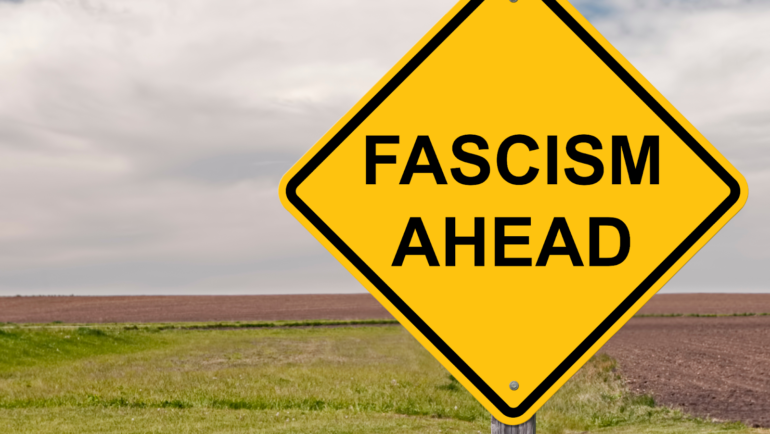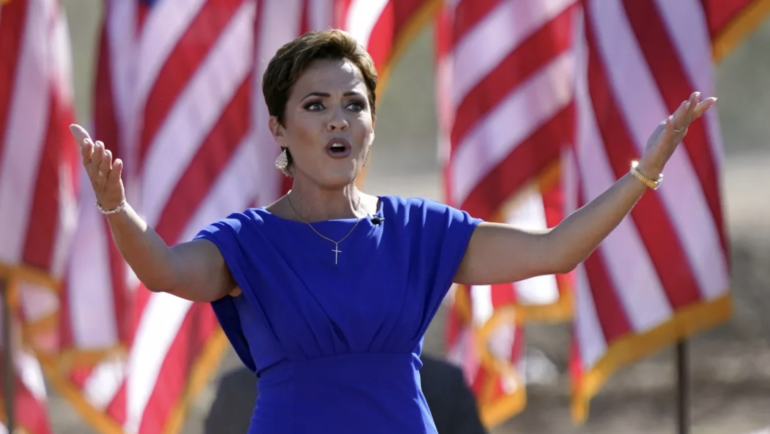119Views

Why Lula’s victory is so important
By David Chang
Many people around the world breathed a collective sigh of relief after Brazil concluded its presidential election, and it seems that the people have chosen democracy over authoritarianism. Luiz Inácio Lula da Silva, known in Brazil as just “Lula,” won the presidency, campaigning on a platform of unity and pragmatism. Lula has vowed to bring back “peace and love” to a polarized Brazil, reaching out to business leaders and former political rivals while building a broad center-left coalition consisting of 10 parties. A leftist former president, Lula assured business executives that he wouldn’t advocate for extreme state intervention in the economy, instead framing his policies as fiscally responsible and pro-growth.
In many ways, Brazil has dodged a bullet in the same way that the United States did with the election of Joe Biden. The former president, Jair Bolsonaro, has sparked controversy and condemnation for his defense of Brazil’s military dictatorship, intimidation of Supreme Court justices, and statements casting doubts on the legitimacy of this election.
Lula’s victory should be celebrated as a major victory for global democracy, as it represents a regional reversal of the international trends towards authoritarianism and illiberalism. Bolsonaro’s victory in 2018 was seen as an ominous sign of ever-stronger anti-democratic forces represented by the likes of Viktor Orbán, Vladimir Putin, Alexander Lukashenko, and Donald Trump. However, in South America, there has been a recent reversal in these distressing trends. In 2021 Chile held free and fair presidential elections that resulted in the victory of Gabriel Boric and the defeat of far-right candidate Jose Antonio Kast. Kast immediately conceded. In June of 2022, Colombia elected Gustavo Petro, who beat Trump-like candidate Roldofo Hernandez, who critics say was a “danger to democracy.” These recent cases of peaceful transitions of power between different political parties are exactly what democracy should look like. The fact that democratic norms and the rule of law were respected is truly heartening, and it shows that the global trend toward illiberalism is not unbreakable. It is somewhat ironic that South America, a continent historically plagued by repressive military dictatorships and bloody internal conflicts, may now be dealing with the virus of authoritarianism better than Europe, which has been regarded as a bastion of democracy.
More than ever, Lula’s victory demonstrates the importance of putting democracy before ideology or party affiliation. Even when a candidate does not necessarily agree with you on all the issues, it’s important to support them if they are the only candidate on the ballot who supports democratic norms. Many voters in Brazil made the brave choice of electing a president who may implement policies that they don’t agree with, but who has promised to uphold the rights of all citizens and act only within the constitutional guardrails of Brazil. It’s also important to acknowledge Lula’s past corruption scandals, which resulted in his conviction by a Brazilian federal court. While it would be foolish to say that the scandals amounted to nothing, Lula’s convictions were nullified by the Brazilian Supreme Court due to the fact that the judge presiding over his case was biased and politically motivated. Nevertheless, a majority of voters were able to look past this controversy and make a choice that likely saved Brazil’s system of multiparty democracy. The Brazilian democratic tradition, while relatively short (starting in 1985 after the end of military rule), is very rich, with a myriad of parties representing a range of political views, and a political environment that allowed for genuine competition between major coalitions.
Needless to say, Brazil, a regional powerhouse, having cleansed itself of illiberalism, stands in a much better position to take a stand against the authoritarian powers of the world, including Russia and China. Former president Bolsonaro, an admirer of Russia, ignored Western warnings and visited Vladimir Putin in a show of solidarity right before Russia launched its illegal invasion of Ukraine. Furthermore, even after the invasion had gone on for months, Bolsonaro called Putin in June to strengthen their “strategic partnership.” In addition, though Bolsonaro and his allies have often used anti-China rhetoric, the reality is that Brazilian relations with China have only gotten closer during Bolsonaro’s term, with Chinese investments in Brazil growing by tens of billions and Brazil surrendering its role as South America’s regional leader, allowing China to spread its influence. While Lula was known as a friend of China during his time in office, his election would mean the end of Brazil’s isolation in the West and, given Russia and China’s diminishing power in the world, he would likely choose to align more with the United States and Europe.
No matter their political beliefs, all supporters of democracy should find cause for celebration. We should take this victory as a good omen and redouble our efforts to urge voters in all nations where democracy is under threat to put aside their differences and vote to save their democratic system.


